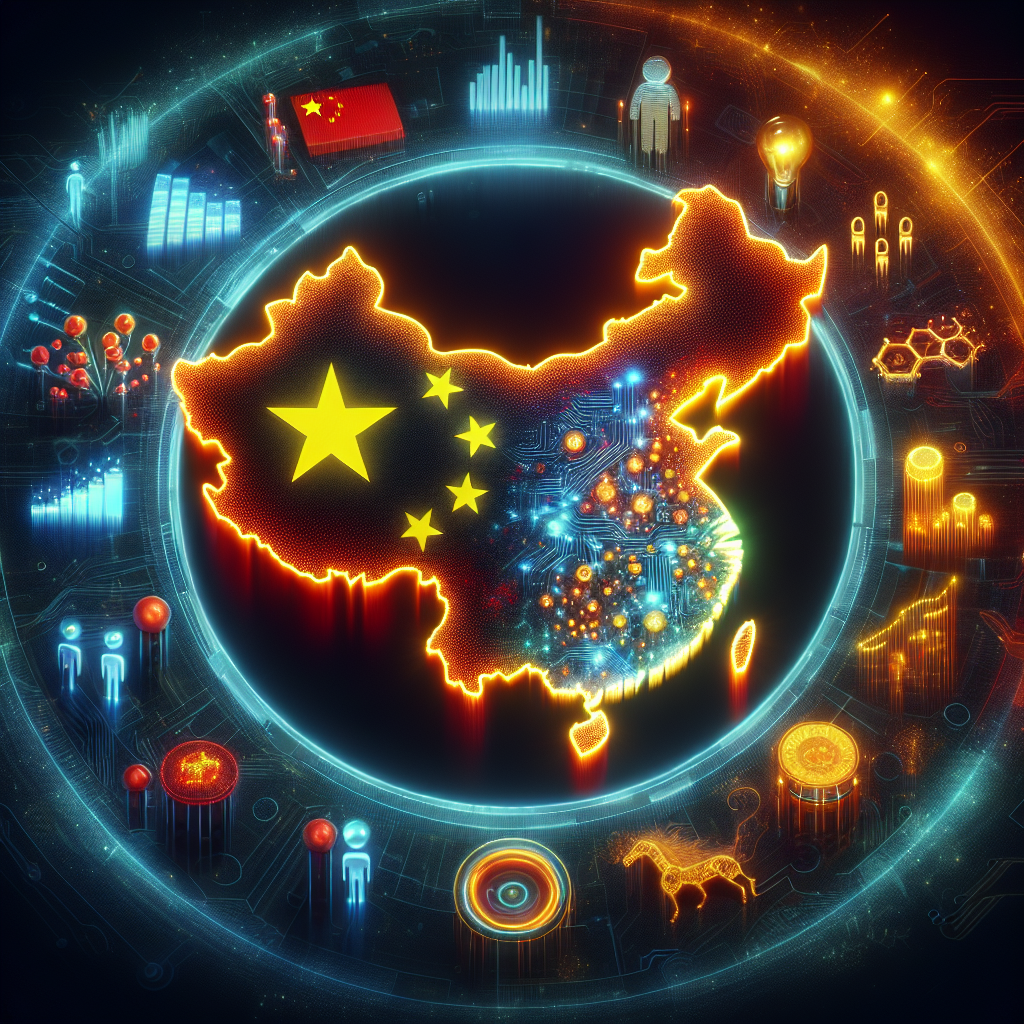The Nobel Memorial Prize in Economic Sciences has become intertwined with the broader perception of the Nobel Prizes, although it was not part of the original awards established by Alfred Nobel. The recent announcement of the 2024 laureates—Daron Acemoglu, Simon Johnson, and James A. Robinson—highlights the continued influence of this award. While Johnson, a former chief economist at the IMF, has made sensible contributions to public economic discourse, Acemoglu and Robinson are more controversial figures, particularly due to their widely discussed book “Why Nations Fail.” Their thesis praised the American system while critiquing China, positioning the United States as a beacon of economic and political stability. However, the book has faced criticism for its overly optimistic portrayal of the U.S. amidst significant economic challenges and geopolitical conflicts.
Critics, including the author of the commentary, argue that the perspectives presented in Acemoglu and Robinson’s work are divorced from the reality facing ordinary Americans. During a time when the U.S. economy grappled with stagnation and inequality, the authors suggested that China—characterized by what they deemed an “extractive elite”—would inevitably falter, while America would continue to thrive due to its inclusive institutions. This viewpoint runs counter to the reality at that time, where critical analyses highlighted China’s remarkable economic growth over decades, demonstrating substantial poverty alleviation and improvements in living standards for its populace, while American wages either stagnated or decreased for the majority of workers.
The debate surrounding the impacts of political institutions on economic outcomes took a critical turn as historical context was examined. The rapid growth of the Chinese economy, leading to a considerable narrowing of the income gap between it and the U.S., contrasted sharply with the stagnation experienced by American households. While the authors of “Why Nations Fail” held that America’s political institutions fostered economic success, numerous statistics indicated that a significant concentration of wealth had emerged in the U.S., benefitting a small elite at the expense of broader social progress. The analysis illuminates the risks of projecting a favorable image of the American model while neglecting to confront pressing societal and economic inequalities.
Twelve years later, the fundamental assertions made by Acemoglu and Robinson regarding China’s economic sustainability appear increasingly flawed. Despite their initial claims of an impending decline for the Chinese economy based on their political model, China has not only survived but has exponentially expanded its global economic influence, even amidst adverse international conditions. The commentary underscores how subsequent geopolitical shifts reflected growing concerns among U.S. policymakers about China’s mounting capabilities, illustrated by American strategies adjusting towards containing China’s rising global power.
Additional critiques highlight the authors’ misinterpretation of China’s technological capabilities. Acemoglu and Robinson’s assertions suggested that China was merely a copier of Western innovations; however, the nation has emerged as a leader in numerous technological fields, such as electric vehicles and quantum computing. This failure to recognize China’s own contributions to global innovation raises questions about the credibility of their forecasts and models. The prominence of their ideology within Western economic institutions illuminates a disconnect between the narratives presented by elite economists and the realities shaping the global economic landscape.
Ultimately, the conversation surrounding the economic narratives of China and the U.S. serves as a reminder of the complexities of global economics. Despite the ingrained biases in mainstream media, which often downplay China’s economic advancements, the substantial differences in growth rates and economic structures reveal a multifaceted picture. The author reasserts that the dynamic interplay between politics and economics means that dismissive critiques of alternative models may overlook transformative changes underway in the global economy. The future of economic discourse would benefit from a more nuanced understanding of these developments, as rigid adherence to pre-established narratives can hinder both analytical rigor and genuine discourse on global economic equity.

